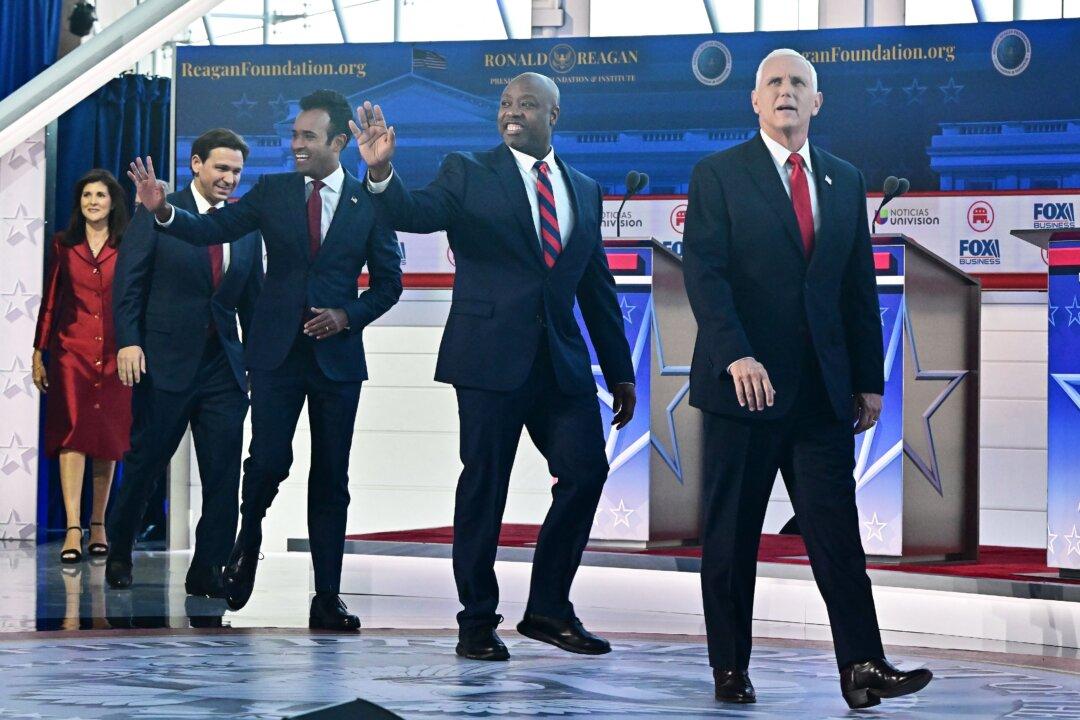The third Republican presidential debate kicks off Nov. 8 at 8 P.M. in Miami. Does it matter?
Not according to many of former President Trump’s supporters. They’re quick to note that their favored candidate, the clear frontrunner among GOP hopefuls, is continuing to boycott the debates. Once again, he’ll host counter-programming to draw viewers away from the debate—in this case, a rally at the Ted Hendricks Stadium in Hialeah, Florida.





